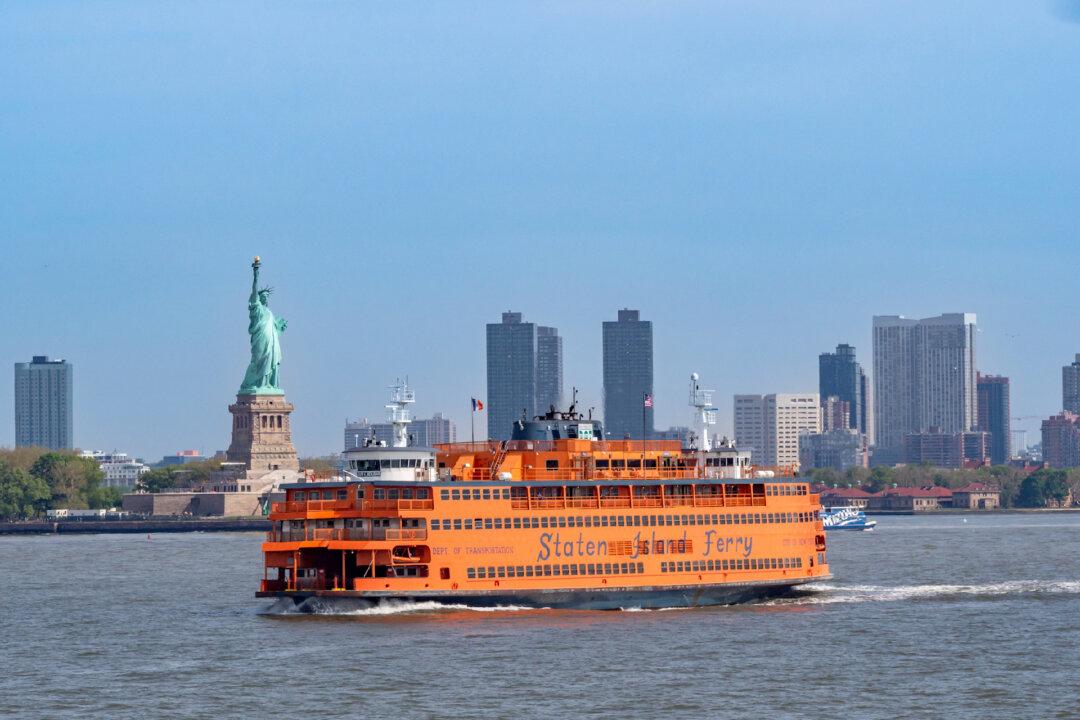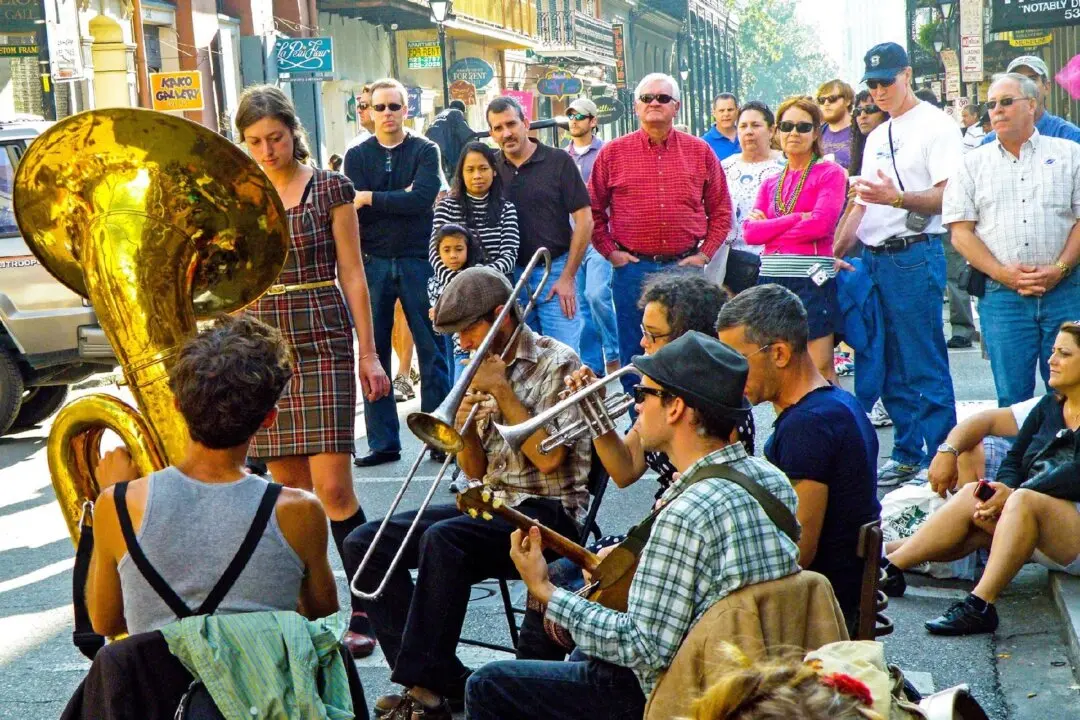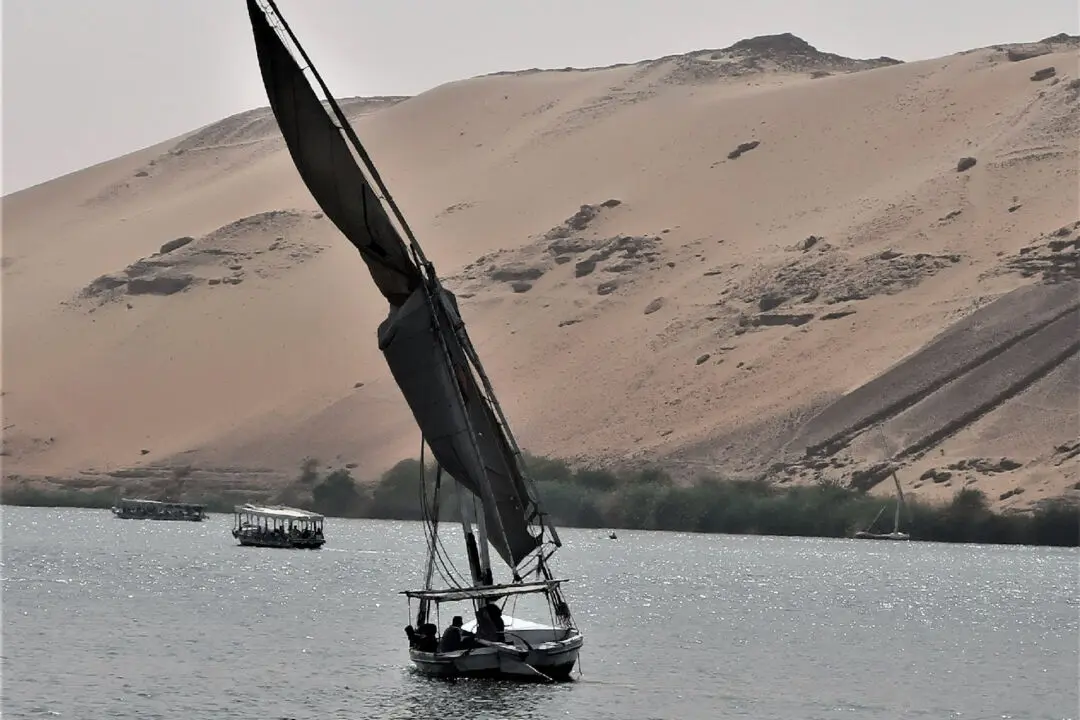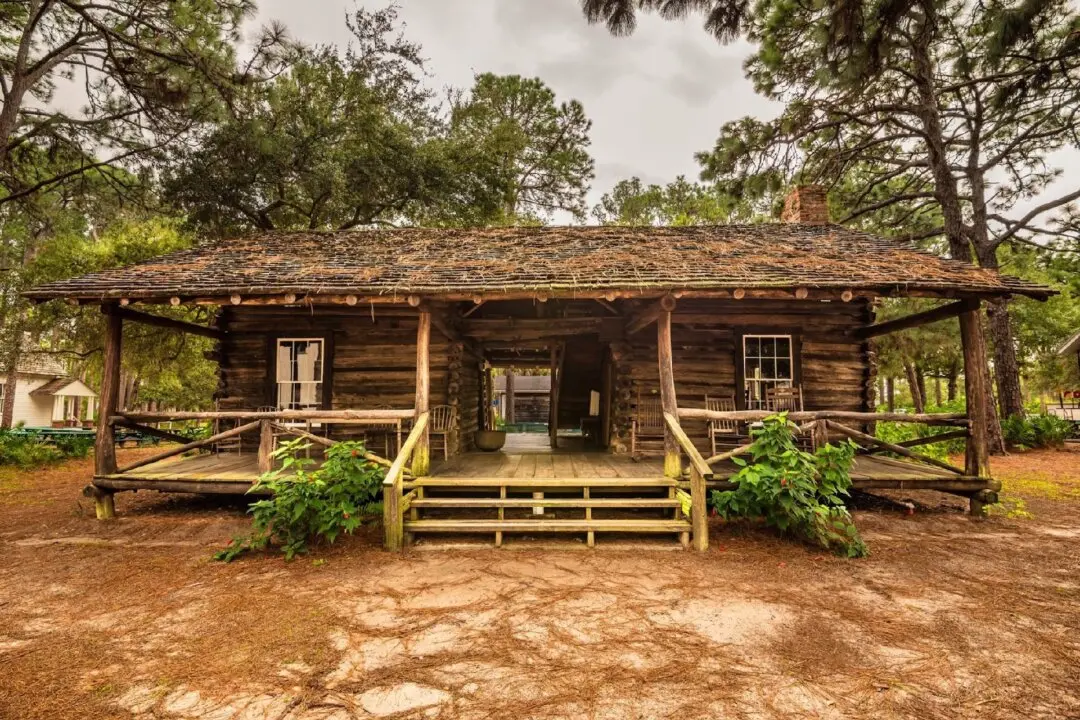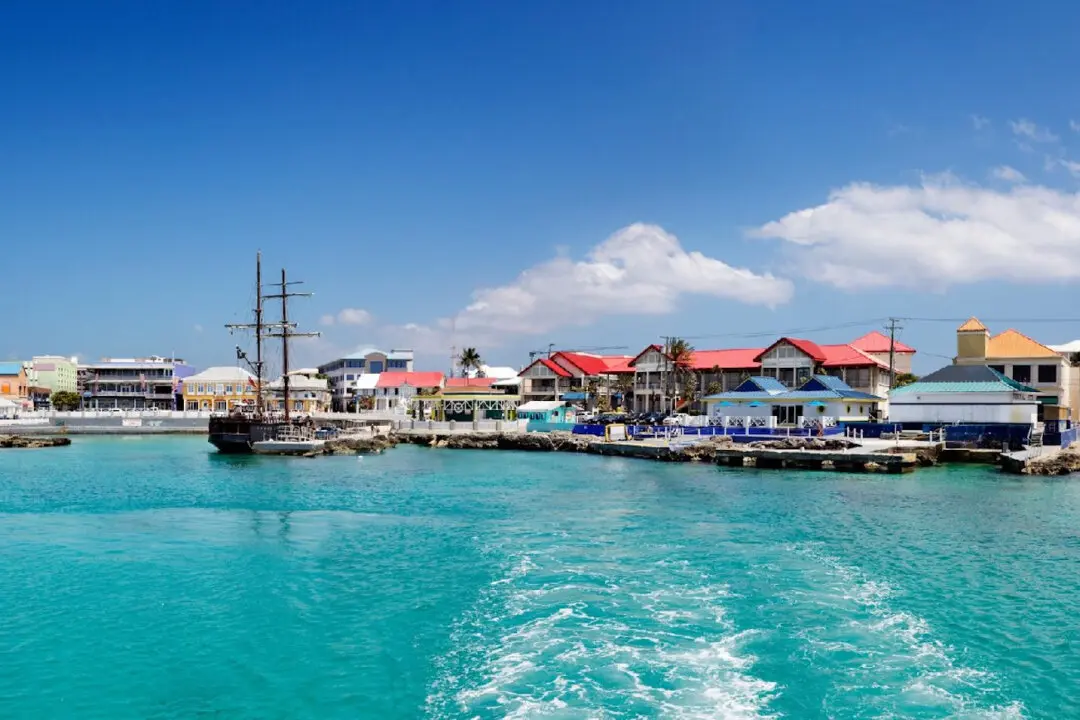In 1683, Talbot County, Maryland, authorized establishment of a ferry service for “Horses and Men” across the Tred Avon River, connecting the tiny towns of Oxford and Bellevue. A man named Richard Royston was given 2,500 pounds of tobacco a year, worth about $25, to operate the ferry.
Three years later, Royston was convicted of forgery and received a public whipping. He was followed by a series of other ferry captains that included a woman named Judith Bennett. In the early 1700s, she had three husbands, each of whom operated the boat that she ran by herself when she was between spouses.

